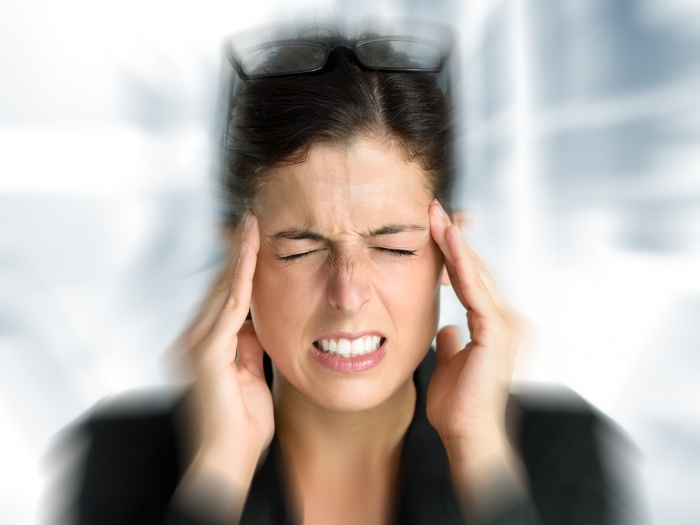Medical Hypnosis can help children with migraines.
Chronic migraines in children and teenagers.
The US Migraine Research Foundation has reported that of the 14 million Americans who experience chronic migraines for at least 8 days in the month, 10 percent are actually school-aged children. The frequency of the attacks has been known to increase gradually through adolescence and puberty, sometimes only peaking at around 40 years of age.
Migraine-type headaches are the most common experienced by children, and may begin from as young as 7 to 10 years of age. These young children may suffer from headache, nausea, vomiting, stomach cramps, as well as a sensitivity to light and sound.
Too young to effectively describe their symptoms, many tend show the pain by crying, irritability, refusing to eat, and craving a quiet, dark place to sleep it off.
Older children may be able to describe their symptoms which can also include, blurred vision accompanied by black dots, confusion and agitation. The usual nausea, possible vomiting, and the severe pain, will also be strongly present.
Older kids will also want a quiet place to sleep to help relieve the symptoms. Studies have shown that the head pain and nausea is often completely relieved by a deep sleep.
How are migraines in children diagnosed?
If your child as headaches which persist for at least 3 to 6 months, a visit to the doctor is necessary for a professional diagnosis. The doctor will evaluate the child by performing a physical and neurological examination to ensure that there are no underlying medical reasons for the headaches.
Some parents are concerned enough to entertain the idea that there might be a brain tumour, or some other life-threatening condition. The doctor will conduct all the tests necessary for an informed diagnosis, to put parent’s minds at rest.
Conditions which can trigger migraines in children.
· Allergy issues such as a sensitivity to artificial sweeteners, chocolates, caffeine, and MSG which is found in many processed foods. Allergies to certain food items may trigger migraine attacks if not avoided.
· Psychological issues which include stress, anxiety, sadness, and depression. Youngsters often suffer quite acutely from the conditions, and have no idea how to cope with the feelings.
· Illness, lack of proper sleep, and a routine which is not regular, such as fluctuating meal times, and going to bed at odd times, can be unsettling.
· Hyperactivity and physical exertion can also trigger migraines.
· Bright, flashing lights and extreme noise is another trigger for children who are prone to migraines.
Parents can help by making sure the child has a healthy diet, and a regular home-routine.
Treatment protocols for kids migraines.
There are only 3 treatments available medically, namely pain relieving, constant pain meds, and pain preventing therapies.
Unfortunately, these do not all work for all children. Some children need to be on meds long-term, which after time may lose their effectiveness to help.
Thus far, the best solution is to try and control the pain, and get the child to sleep during an attack so the pain is completely relieved upon wakening.
How hypnosis can help your child.
Studies have indicated that the main medication used to treat migraines is an anti-anxiety med known as amitriptyline, which works for some – and not for others. There are also possible side effects to be aware of such as skin rash, confusion, diarrhea, and a tingling in arms or legs.
New research has shown that because migraines may by triggered by intense feelings of anxiety and stress, experts agree that these issues can be successfully dealt with by clinical hypnosis.
Hypnosis works extremely well with children, as they are able to reach a state of relaxation much quicker and easier than older folk. They are able to use their imaginations freely, and the therapist can successfully access the subconscious mind to deal with issues which may be causing unwanted anxiety.
If the child is motivated, he or she will learn how to use the power of their own mind to identify triggers, and put the coping mechanisms into action to avert painful migraine attacks.
A competent therapist can also teach a child or adolescent a form of self-hypnosis, which is a long-lasting and successful way to conquer painful migraines.

